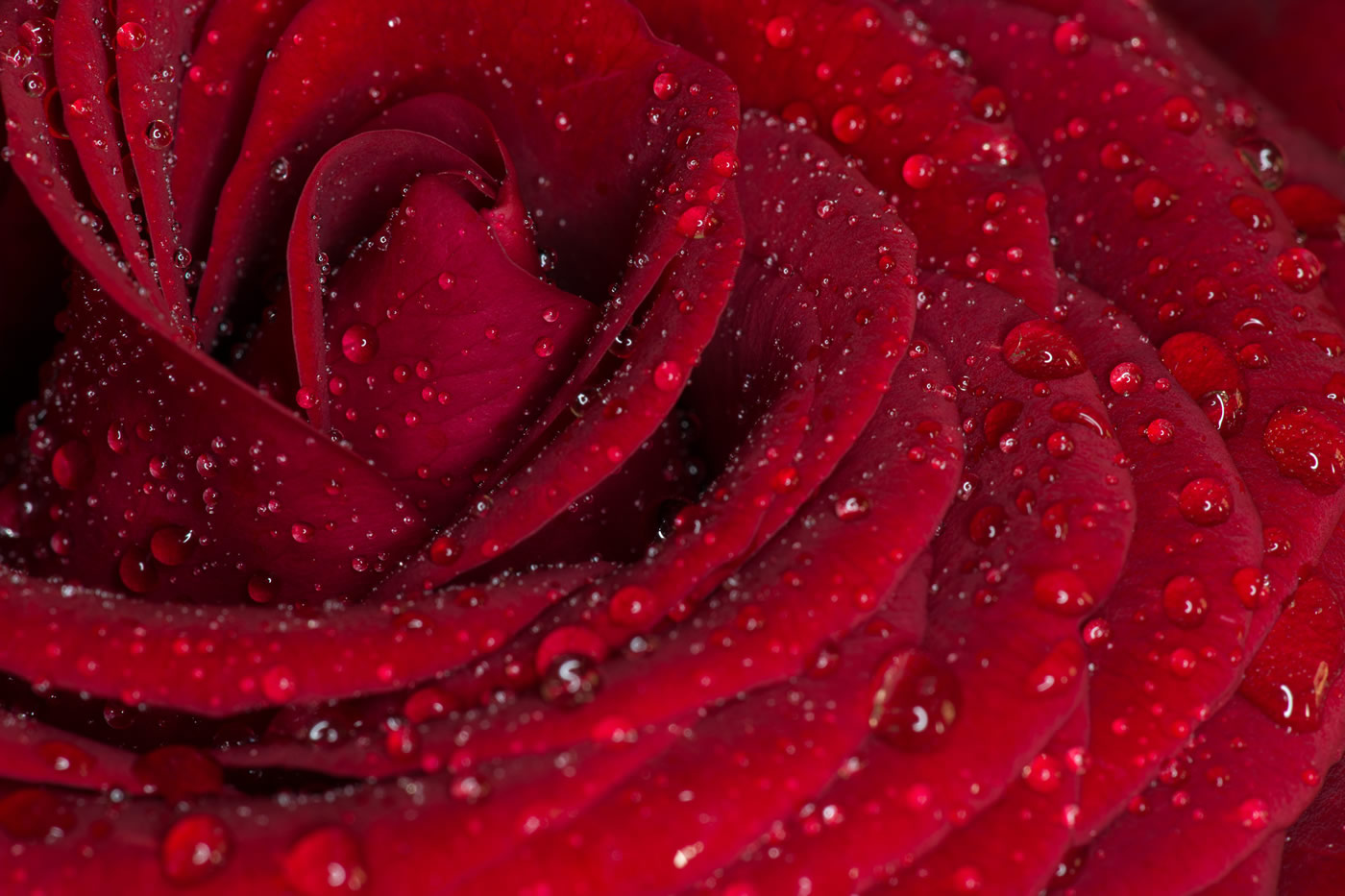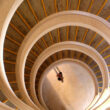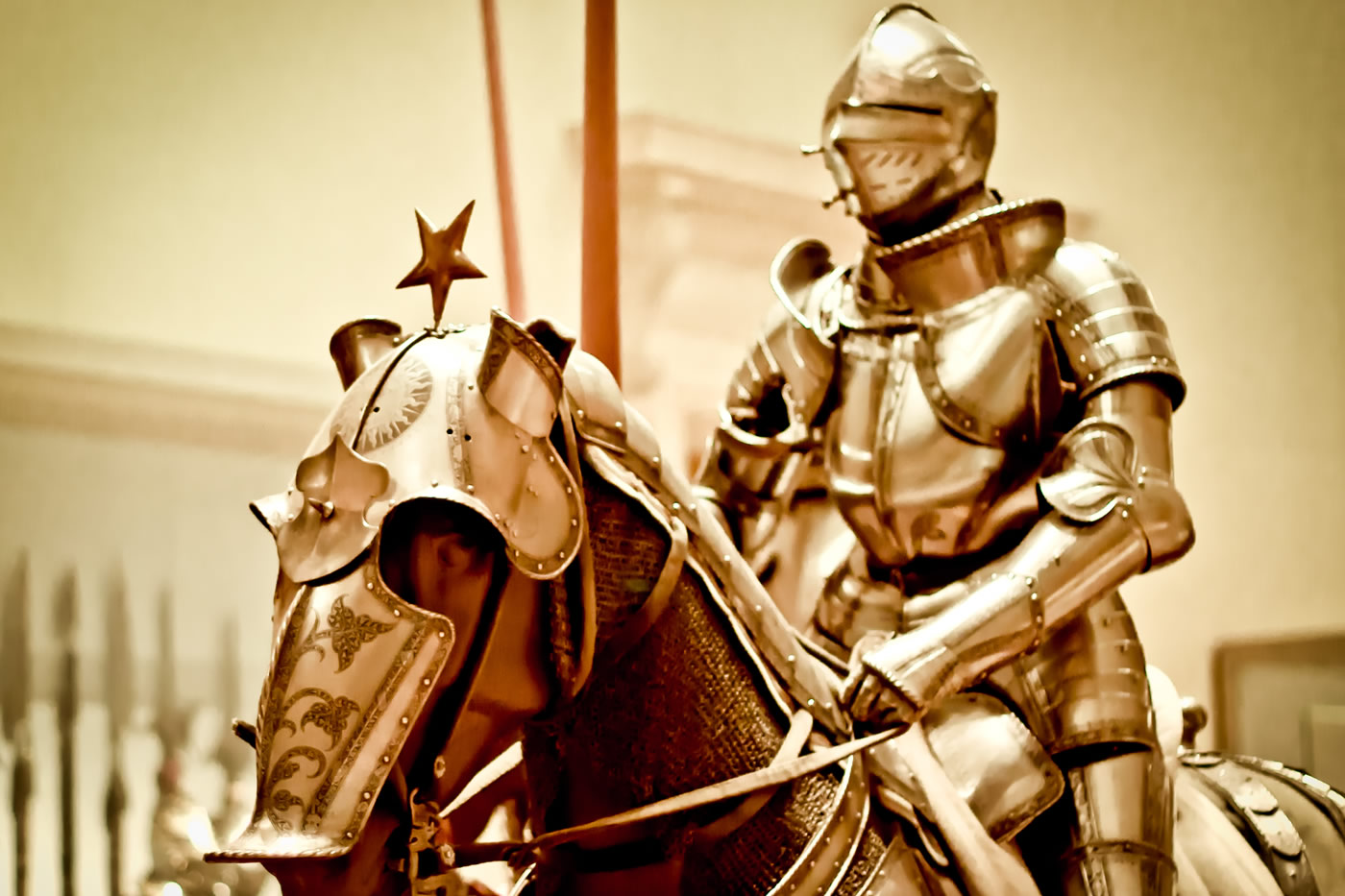Class 22: The Necessary Fire-fighting Equipment
[su_icon icon=”icon: link” color=”#ff1259″ size=”20″ shape_size=”12″ url=”https://youtu.be/fmqB1n3Fgv0?t=5s” target=”blank”]Video[/su_icon]Hi, welcome back to the at-home retreat, and thanks to Xiaoping for translating for me. We’re at session 22, and the name of this session is “The Necessary Fire-fighting Equipment.” And it means there’s a fire. Here you see a picture of a house on fire. Actually, I have been in houses that caught on fire. In the monastery, one house caught on fire. It’s very frightening. Once it gets up to a certain kind of temperature, then it’s very, very difficult to stop the fire.
So let’s read the text. de tabuy tar du kyi lo kye ne (DE LTA BU’I THAR ‘DOD KYI BLO SKYES NA). So let’s say you finally got this Elon Musk inspiration, “I’m going to get out of this trouble. I want to find a cool life, not just this stupid life.” By the way, it doesn’t mean you kill yourself, okay? It means you make some cool adjustments, and then life is like magic. So once you decide to get out of the jail, lo kye na (BLO SKYES NA), “once (you) make that decision” tarpar drupay lam la lap gu (THAR PAR BGROD PA’I LAM LA BSLAB DGOS)—you have to study or train yourself in some kind of path for getting out of trouble.
So we’re moving on to another great subject of the lam rim (LAM RIM). If the last twenty-one videos were successful, you, and us, we’ve all been inspired to get out of this place and to find a better place. Now we’re going to need a path, or instructions, on how to get out. tarpar drupay lam gyi rangshin ten la bappa (THAR PAR BGROD PA’I LAM GYI RANG BZHIN GTAN LA DBAB PA). We’re going to describe the path that you need to follow to change your life completely and reach a cool life. shepa la nyi (BSHAD PA LA GNYIS)—this “explanation is going to have two parts.” ten ji tabu shik gi korwa le dokpa dang (RTEN JI LTA BU ZHIG GIS ‘KHOR BA LAS LDOG PA DANG). Well, what kind of ten (RTEN) are you going to need to get out of this cycle of pain? What kind of ten. ten means “body and mind.” So this is part of the discussion of the equipment to put out the fire.
Like in ballet, in Russia, they actually measure children’s legs when they’re like six years old. And at the age of six, based on how long their leg is compared to their chest—they actually choose ballet dancers at that age and start training them. So they figured out what are the perfect proportions to dance ballet successfully. So, what’s the perfect body and mind to dance your way out of the Wheel of Life? And then once you get that equipment, that body and mind, lam ji tabu shik gi korwa le dokpa (LAM JI LTA BU ZHIG GIS ‘KHOR BA LAS LDOG PA)—then we’re going to move on to another subject which is, “what kind of path do you have to follow to get out of this wheel?”
[su_icon icon=”icon: link” color=”#ff1259″ size=”20″ shape_size=”12″ url=”https://youtu.be/fmqB1n3Fgv0?t=5m16s” target=”blank”]Video[/su_icon]So today we’re going to start with describing the perfect body and mind. What’s the perfect equipment? dangpo ni, detar korway nye mik sam ne (DANG PO NI, DE LTAR ‘KHOR BA’I NYES DMIGS BSAMS NAS). So give it a good thought—like we just took you through all this long part on how to realize you’re in the jail. Then you should think about “what’s the one quality that is typical of sansara?” If you had to describe sansara, the wheel of pain, in one word, what word would you choose? And it’s this: nu chu kyi korwa (SNOD BCUD KYI ‘KHOR BA)—This circle of life, and whether you’re talking about “the world around us, or [you’re talking about] the people who live in that world,” which in Tibetan is called the cup and the coffee. The world is called the cup, and the coffee is the people in the world. The world is called the cup, and the people are all what is in the cup.
So whether you’re talking about the cup, which is the whole outer world, or you’re talking about the coffee in the cup, which is all the people who live in that world, there’s one quality that they share. The outer world and the people living in the world, there’s one quality that they all share. And it’s a beautiful image. It’s called lung gi kyupay chunda (RLUNG GIS BSKYOD PA’I CHU ZLA). say lung gi kupay chunda. lung (RLUNG) here means “the wind.” kyupay (BSKYOD PA’I) means “moved by” the wind. chu (CHU) means “the surface of the ocean,” for example. And nda (ZLA) means “the reflection of the moon” on top of the ocean.

Then if you go out on the ocean at night—I used to go out, my dad used to take us out for two or three days in the ocean for fishing, and it’s kind of frightening because he goes so far you cannot see the land anymore, and you’re in a small boat for two or three days, and sometimes there’s a full moon, and at night it’s very, very beautiful. You watch the moon on the water. Then if a little bit of wind comes, then that image of the moon, that reflection of the moon, is rippling like this. And it says here that’s the one quality of the world and the people in the world which we both share. Nothing stays the same, even for a second. Our whole life is constantly shifting and the world around us is constantly shifting.
[su_icon icon=”icon: link” color=”#ff1259″ size=”20″ shape_size=”12″ url=”https://youtu.be/fmqB1n3Fgv0?t=9m26s” target=”blank”]Video[/su_icon]kechik kyang mi dupay jikpay mitakpa (SKAD CIG KYANG MI SDOD PAR ‘JIG PA’I MI RTAG PA). Nothing stays more than a second. Things are being destroyed moment by moment. So that’s the one problem of our life. korway de jor nam ni duk drul gyi deng kay dripma dang drawar (‘KHOR BA’I BDE ‘BYOR RNAMS NI DUG SBRUL GYI GDENGS KA’I GRIB MA DANG ‘DRA BAR). This is a very powerful image, and it’s a little bit difficult. korwa (‘KHOR BA) means “here in this cycle of pain.” de jor (BDE ‘BYOR), dewa dang jorpa (BDE BA DANG ‘BYOR PA) means “any happiness we can find” or any money or things we can find. They are like the … dripma (GRIB MA) means “the shadow,” of the deng ka (GDENGS KA)—means that special snake called a cobra. And they have this special hood, a little bit of a hood.
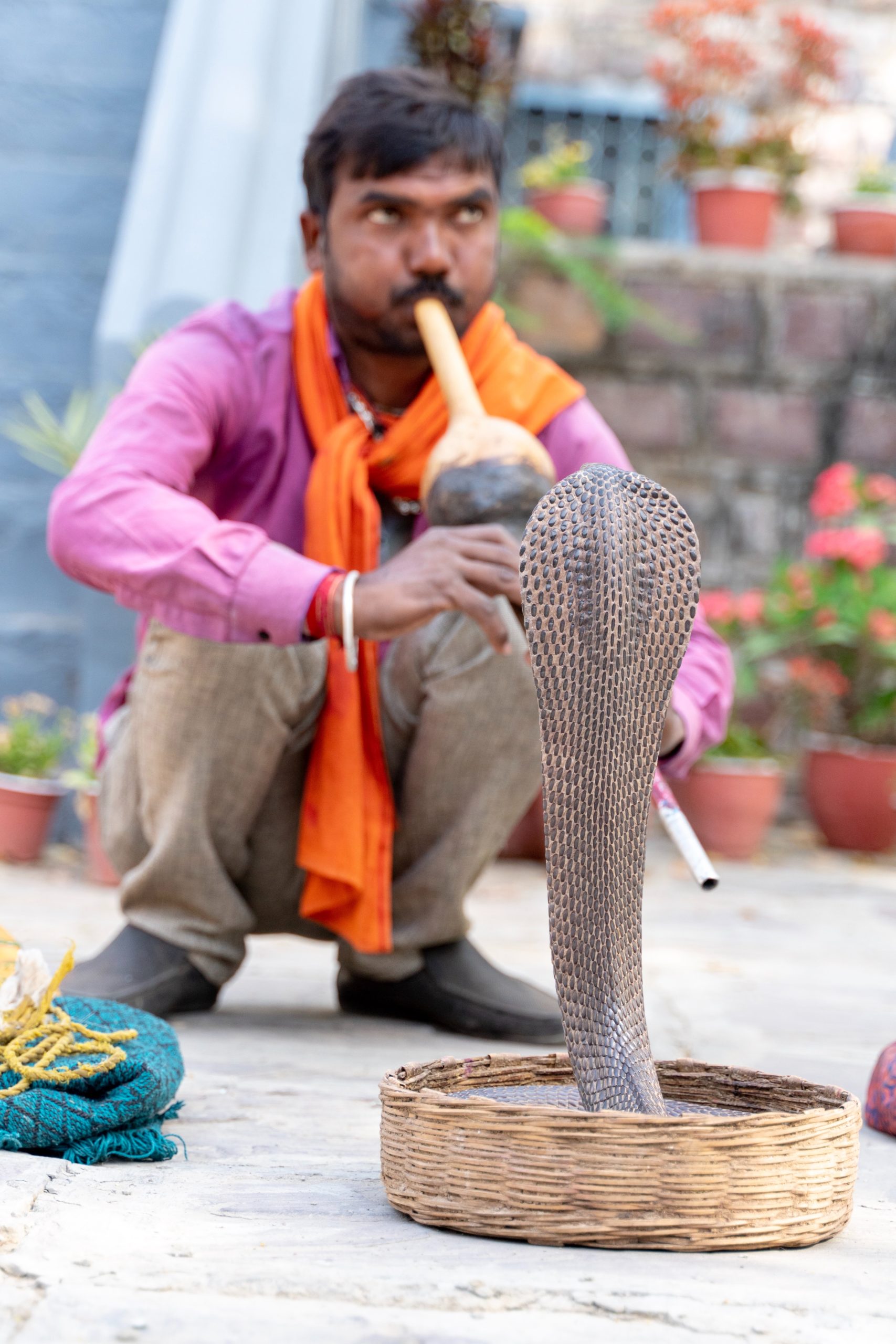
Of the duk drul (DUG SBRUL). duk drul means “a very, very poisonous cobra snake.” nok chung la nyen che (MNOG CHUNG LA NYEN CHE). nok chung (MNOG CHUNG) means “not really very important.” nyen che (NYEN CHE) means “actually a sign of great danger.” So don’t think about the … and we had a similar snake in my three-year retreat. Very poisonous. And they have a hood. And if the sun shines, and you’re looking at the ground and you see the shadow of this snake’s head, and you are like, “Oh! Such a beautiful shape. Kind of a beautiful circle.” Maybe it looks beautiful. A little bit. But it’s a shadow of a thing which is very, very close, which is highly poisonous.
So we are fascinated by “Oh, it’s such a beautiful round shape—look how beautiful it is!” But it’s really the shadow of the snake’s hood, and an extremely poisonous snake. Okay, for one hundred dollars, Xiaoping. What’s the shadow metaphor? It’s a metaphor for what? [Xiaoping: The circle of samsara?] No. de jor. de jor. We just had it. Don’t look. You got it Stanley? de jor? Any happiness. Any little happiness or any money or things you can find in this life. Don’t get attached to it. Don’t get close to it and say, “Oh, so beautiful!” It’s just a shadow of the head of a highly poisonous snake. All the happiness you can find in this life, and all the money and things you can find in this life, have two qualities.
[su_icon icon=”icon: link” color=”#ff1259″ size=”20″ shape_size=”12″ url=”https://youtu.be/fmqB1n3Fgv0?t=13m42s” target=”blank”]Video[/su_icon](1) nok chung—completely unimportant. Piece of shadow on the ground
(2) nyen chewa—at the same time, extremely dangerous.
It’s a wonderful image. Then he explains it a little bit. drowa nga gang du kye kyang (‘GRO BA LNGA GANG DU SKYES KYANG). No matter which of the five parts of this suffering wheel you are born into—and here they’re talking about the traditional five divisions inside the twelve links in the Wheel of Life. And there you can see (1) animals, (2) hungry spirits, (3) hell beings, (4) humans, (5) gods and demigods counted as one together. Sometimes they are separated into six. It doesn’t matter, these are the five choices where you can be born. There’s no more. There is always just those five. It’s like five prison cells. And it doesn’t matter which one you go in, you’re still in the jail.
If you really want to cut this wheel at its root—you’re going to have to stop karma and negative emotions.
me barway kyim (ME ‘BAR BA’I KHYIM). Each one of those five kinds of life form is like a house which is on fire. Big fire No matter what life form you take, you’re still in a burning house. tsun rar chupa (BTZON RAR CHUD PA) means “you are still in a cell,” almost like you are in a cell inside a burning house. ne de dak la mi du (GNAS DE DAG LA MI ‘DOD)—try to get over any attachment to this burning house. tardu kye (THAR ‘DOD SKYE)—try to think, “How can I get out?” korwa le tardu kyi lo chu min kyepa na (‘KHOR BA LAS THAR ‘DOD KYI BLO BCOS MIN SKYES PA NA). If you are able to get a state of mind where you want to escape from the wheel—and there’s an important word here called chu min (COS MIN). It’s an abbreviation for chuma mayinpa (BCOS MA MA YIN PA). And it means a “genuine” wish and not just like a fake wish, like “Oh yeah, I wish I could get out, but…” korway gyu tse chepa na (‘KHOR BA’I RGYU RTZAD BCAD PA NA)—if you really want to cut this wheel at its root, le nyon nyi dang (LAS NYON GNYIS DANG)—you’re going to have to stop karma and negative emotions.
[su_icon icon=”icon: link” color=”#ff1259″ size=”20″ shape_size=”12″ url=”https://youtu.be/fmqB1n3Fgv0?t=17m35s” target=”blank”]Video[/su_icon]And you know, if somebody gave you a choice— okay, I’ll give you a choice. This afternoon we can attack your bad karma or we can attack your negative emotions. Which would you choose? Negative emotions or the karma? Which one to attack first? [Xiaoping: negative emotions] Yeah, because they are the root. So, go for the root. And if you could choose among all the negative emotions, if you could choose one to attack, what’s the number one negative emotion in the kitchen? “I didn’t do anything! He’s yelling at me, I didn’t do anything.” All the troublemakers in the whole world are in two big groups: negative emotions and karma. Which group to attack first?
Negative emotions, because they make the karma, so attack the negative emotions first. There’s 84,000 negative emotions. Which one do you want me to attack first? Attack your misunderstanding of your husband. “I didn’t do anything.” de shompay tab la be gu (DE GZHOM PA’I THABS LA ‘BAD DGOS). You’ve got to work hard to kill that one. de yang ten ni (DE YANG RTEN NI)—Now what kind of body and mind are perfect for this fight? delnjor tsang shing (DAL ‘BYOR TSANG ZHING)—well, first of all …
Do you have all the spiritual leisures and fortunes?
Were you born as a human?
Do you have a pretty healthy body?
Do you have fairly good intelligence?
Do you live in a world where the Dharma even exists?
And we went through this list already. Yeah, I have that. I mean it’s my life’s not perfect but I have enough food, I have a nice place to stay, I’m okay. I have a fairly good life. tsang chu (TSANGS SPYOD) literally it means “someone who is keeping celibacy, who doesn’t have sex.” By the way, the Sanskrit is brahmacharya. But it became a general word for all of us who are trying to practice Buddhism. So we have food and shelter, we live in a country where we can practice Buddhism, we live in a country where we can practice, and we actually have available to us three important practices.
(1) hlakpar tsultrim kyi lappa (LHAG PAR TSUL KHRIMS KYI BSLAB PA),
(2) hlakpar ting ngen dzin gyi lappa (LHAG PAR TING NGE ‘DZIN GYI BSLAB PA),
(3) hlakpar sherab kyi lappa (LHAG PAR SHES RAB KYI BSLAB PA)
These are called the three trainings. What are they? And they’re called the “three special trainings” in Buddhism.
I have heard about (1) the training of good behaviour that doesn’t hurt other people.
Even in these lam rim videos they are teaching me (2) concentration or meditation.
And I have heard (3) teachings about emptiness, especially in the kitchen.

So my human body is not just a normal human body. I have a really special human body. I have food. I have a house. I have Buddhism. I have those three trainings. So really this is now the exact time when I should be getting another wheel. I have everything. Everything’s ready. And then Geshe Potowa, who lived exactly a thousand years ago—and I have his picture here from a thangka (THANG KA), with two other Kadampa (BKA GDAMS PA) masters.
[su_icon icon=”icon: link” color=”#ff1259″ size=”20″ shape_size=”12″ url=”https://youtu.be/fmqB1n3Fgv0?t=23m14s” target=”blank”]Video[/su_icon]He said ngar de tsam shik kyampa la (SNGAR DE TZAM ZHIG ‘KHYAMS PA LA), “I’ve been wandering through this wheel of pain for many lifetimes” rank lok ma jung tsa na (RANG LOG MA BYUNG TZA NA)—And you know what? The wheel… “up to now in countless lifetimes, the wheel never cooperated with me and stopped by itself.” And I didn’t do anything, it—that wheel is not going to stop by itself. It didn’t stop by itself for billions of years.
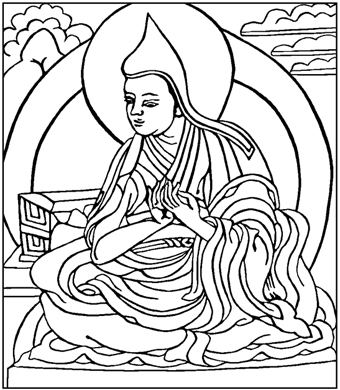
da yang rang lok mi-ongwe (DA YANG RANG LOG MI ‘ONG BAS). “And probably it’s not going to stop on its own in the future, from now.” Therefore, dok go (BZLOG DGO)—maybe “I have to stop it.” Well, when should I start stopping it? du kyang da re (DUS KYANG DA RES)—Start now! Why? delnjor toppay du (DAL ‘BYOR THOB PA’I DUS)—”You’ve got all those perfect circumstances.” You’re not too old. You have food. You have a house. You heard about Buddhism. People taught you about morality: not hurting other people. People taught you meditation. People taught you about emptiness. The time is now.
dir yin she sungpa tar lu ten di nyi le hlakpa me la (‘DIR YIN ZHES GSUNGS PA LTAR LUS RTEN ‘DI NYID LAS LHAG PA MED LA)—”You are never going to get a better chance” than today. You have the equipment you need to put the fire out. Actually, it couldn’t be more perfect than what you have now. “Oh no, Geshe-la, there is a virus now!” No. Good body, good home, lots of Buddhism, and a virus. That’s perfect! Maybe you get scared a little bit. Maybe you start to think about where you’re going next. So to have all of those things plus the virus—you’re super lucky today. In America in the last three weeks, every American became half Buddhist suddenly.
I don’t mean they all say, “Oh, I want to try Buddhism.” They didn’t say that. But they’re all talking all day about only one thing. “Oh, what about the virus? What can we do? How do we get out of this?” So from that point of view, they all became half Buddhist—they want to get out of this trouble. We have perfect circumstances. Good body—not perfect, but okay, it works. And a mind, it’s not perfect, but okay, it works. And you know we heard a lot of lam rim. thirty-four retreats already, for ten years. So if you want to stop that wheel, start this month. Perfect.
Okay, how to stop the wheel? We need three things.
And we’re going to learn about those tomorrow in session 23.
Thank you again Xiaoping for translating.

